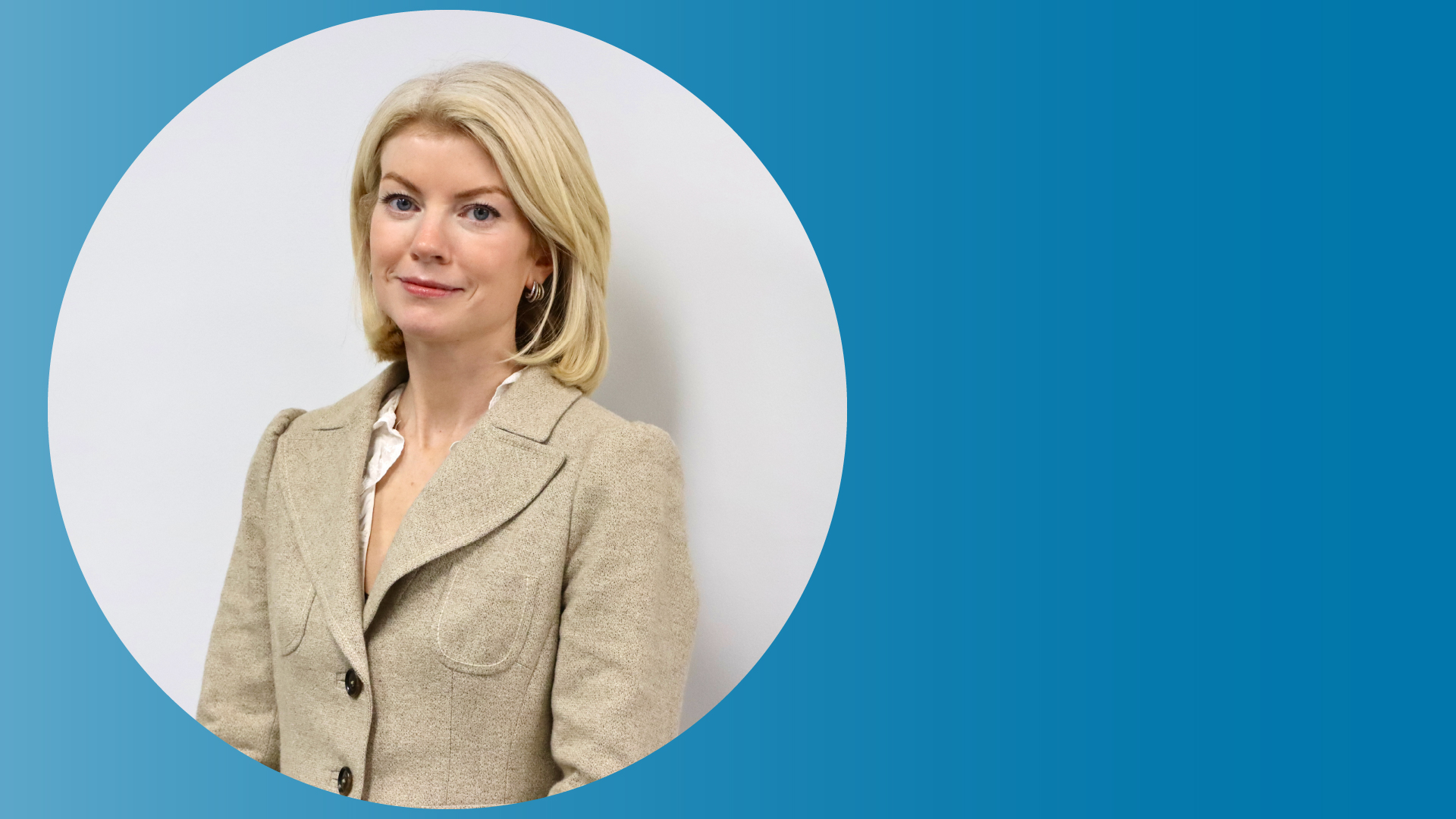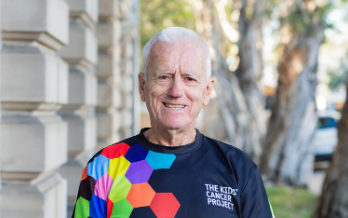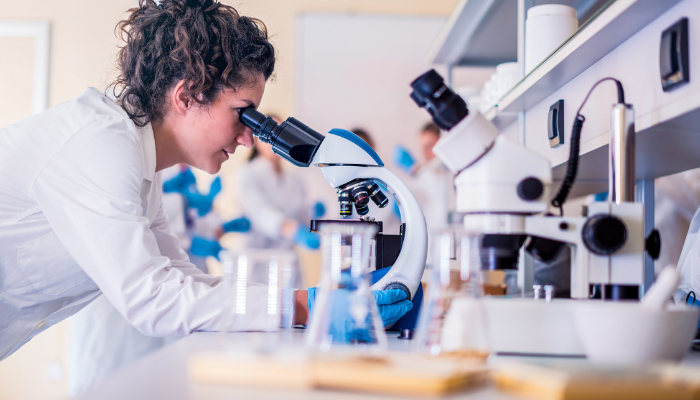
Recipient: Lorna McLeman
Institute: St Vincent's Institute of Medical Research
Funding: $15,000 July 2024 - December 2025
The Kids’ Cancer Project awards Col Reynolds PhD Top Up Scholarship to the best and brightest post-graduate scholars to help them carry out their studies without financial pressure.
In 2024, three post-graduates have been awarded scholarships, each valued at $10,000 per year for a maximum of four years. Chosen for their ingenuity, feasibility and innovative approach to research, each budding childhood cancer researcher is a brilliant addition to The Kids’ Cancer Project’s scientific community.
The Kids’ Cancer Project spoke with Dr Lorna McLeman who is undertaking a PhD with the University of Melbourne, investigating novel gene editing techniques for Fanconi Anaemia patients- the most common inherited bone marrow failure syndrome who are predisposed to developing leukaemia.
When and why did you become interested in childhood cancer research?
I became focused on children’s cancer research after training as a Paediatric Oncologist specialising in leukaemia and bone marrow transplant.
During that time, I realised there were key groups of little patients with bone marrow failure syndromes who were more predisposed to developing leukaemia, and who would need a bone marrow transplant to help them be cured but would suffer significant toxicities related to this treatment.
Seeing this impact on these children and given my interest in gene therapies and gene editing, I was curious to see how the two areas could be developed into offering alternatives to a bone marrow transplant. I’m now researching new gene editing technology using patients’ stem cells to correct multiple Fanconi Anaemia mutations before they do damage.
What was your inspiration to further your studies?
Caring for our amazing young patients and their families is a privilege. That’s why I am driven to work towards an alternative curative treatment to bone marrow transplant that is potentially less toxic.
What project are you working on now? What is your role?
I am working on my PhD project with St Vincent’s Institute (genome stability unit) and Murdoch Children’s Research Institute (blood development laboratory) to use a novel form of gene editing technology called Prime Editing to optimise correction of mutations of Fanconi Anaemia (FA), a rare genetic disorder that is the most common cause of inherited bone marrow failure, in human haematopoietic stem cells*.
Fanconi Anaemia causes inherited bone marrow failure, leading to problems treating leukaemia. Bone marrow transplant is lifesaving but kids with FA have an increased risk of secondary cancers post-transplant.
The aim of this research is to prove that Prime Editing can correct mutations causing Fanconi Anaemia in human blood stem cells, which would be the first steps of designing a clinical trial using Prime Editing.
*An immature cell that can develop into all types of blood cells, including white blood cells, red blood cells, and platelets.
How does it feel to be a recipient of the PhD Top Up Scholarship and how will it help your career?
I feel immensely proud and grateful to have my research supported by The Kid’s Cancer Project. This support is critical in helping me to continue this work.
The funding to help support your PhD studies is possible thanks to The Kids’ Cancer Project’s amazing community of donors. Would you like to share a message of thanks to those donors?
Thank you so much for the support you provide, your donors are allowing researchers to focus on the key problems facing our young cancer patients!
Find out more about the Col Reynolds Fellowship
With an investment of over $7.6 million, The Kids’ Cancer Project is ensuring that some of the best and brightest young researchers in Australia can further their careers and most importantly, their impact on childhood cancer research.


Read more from past recipients
From a field of outstanding candidates across Australia, The Kids’ Cancer Project has funded the next generation of childhood cancer researchers. Their science-backed research is sure to deliver breakthroughs across a range of areas relating to childhood cancer.
